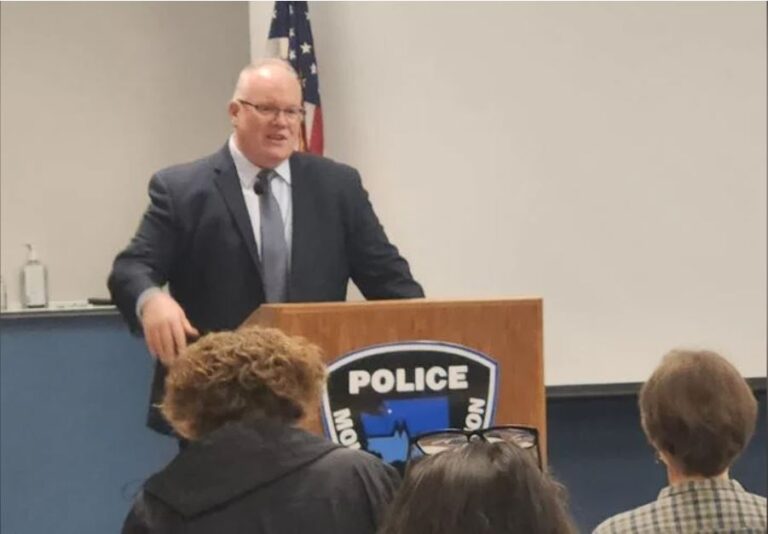Errors discovered in a federal program supporting rural Washington landowners have local farmers and homeowners along the Nooksack River worried about potential major cuts to their income.
Those errors, found in contracts between landowners and the United States Department of Agriculture’s Conservation Reserve Enhancement Program (CREP), meant some landowners were being paid to re-wild land ineligible for the program.
CREP works as an incentive program from the USDA and is administered by the Farm Service Agency (FSA). It encourages landowners to remove “environmentally sensitive” land from production in exchange for rent and other financial incentives. That means instead of growing crops or raising livestock along creeks and rivers in Whatcom County, farmers have helped rehabilitate the land, planting trees and removing invasive species, in an effort to support falling salmon populations and failing river health.
Since its 1998 implementation in Whatcom County, CREP has funded 487 projects that resulted in the development of 236 miles of buffer along creeks that feed the Nooksack River, Aneka Sweeney, the outreach and education manager at Whatcom Conservation District, told members of the Whatcom County Council Tuesday, Sept. 26.
It also helped fund the planting of 3,016 acres of native plants — approximately the acreage of the city of Lynden — and helped plant more than 1.47 million seedlings in the Nooksack watershed.
But some of those projects, FSA’s Washington Executive Director Jon Wyss said, weren’t qualified for CREP funding in the first place.
Errors in contracts dating back to 2003 were discovered in projects across the state, prompting review of other existing projects across Washington.
In Whatcom County, more than 200 contracts came under review, Wyss said. Some contracts may be terminated, while others will be amended to fit eligibility guidelines.
“We took each one of those contracts and one by one went through them to check for compliancy,” Wyss said.
Wyss said he won’t know for sure how many contracts will be terminated until 5 p.m. Friday, Sept. 29, the day before the end of the 2023 federal fiscal year.
That means he won’t know the financial impact — or the financial losses per landowner — until then.
Wyss acknowledged the gravity of the errors, and the impact those errors may have on future farmland and conservation projects.
“The error should have been caught by the FSA,” Wyss said. “When you make an error, the confidence in your program gets questioned, especially when it’s an error that’s not the fault of the producer.”
Part of the concern from local council members is public mistrust of government programs, particularly as Whatcom County approaches a state-mandated water rights adjudication.
“The CREP program has been instrumental in finding a solution between farming, landowners and conservation,” Whatcom County Council member Ben Elenbaas said during a Council Planning and Development Committee meeting Sept. 26. “But half of the people [enrolled] are going to feel like they’ve been stabbed in the back.”
Through the process, Wyss said, some contract holders applied for “equitable relief requests,” to support them through the financial loss. The USDA’s Office of the General Counsel acquiesced, and granted all ineligible properties “non-repayment” and an additional month of financial support.
“We’re supposed to collect the money back, even if it’s an FSA error,” Wyss told the county council Tuesday. “We made sure that didn’t happen. Anybody involved in the error is not going to have to repay any funds that have been paid to them.”
Though the USDA is trying to provide additional support, local farmers are worried it is not enough, and many have called on state leadership to get involved.
“Our broad coalition of partners from the agricultural community and environmental organizations are writing to you seeking urgent support from the state to help prevent a massive erosion of trust in voluntary, government-backed riparian buffer initiatives,” a Sept. 19 letter to Gov. Jay Inslee from several state and local conservation and environmental groups detailed. “For many landowners, this loss of income translates into tangible economic hardship.”
The letter requested an emergency $2 million investment in the next biennium for landowners impacted by terminated contracts.



